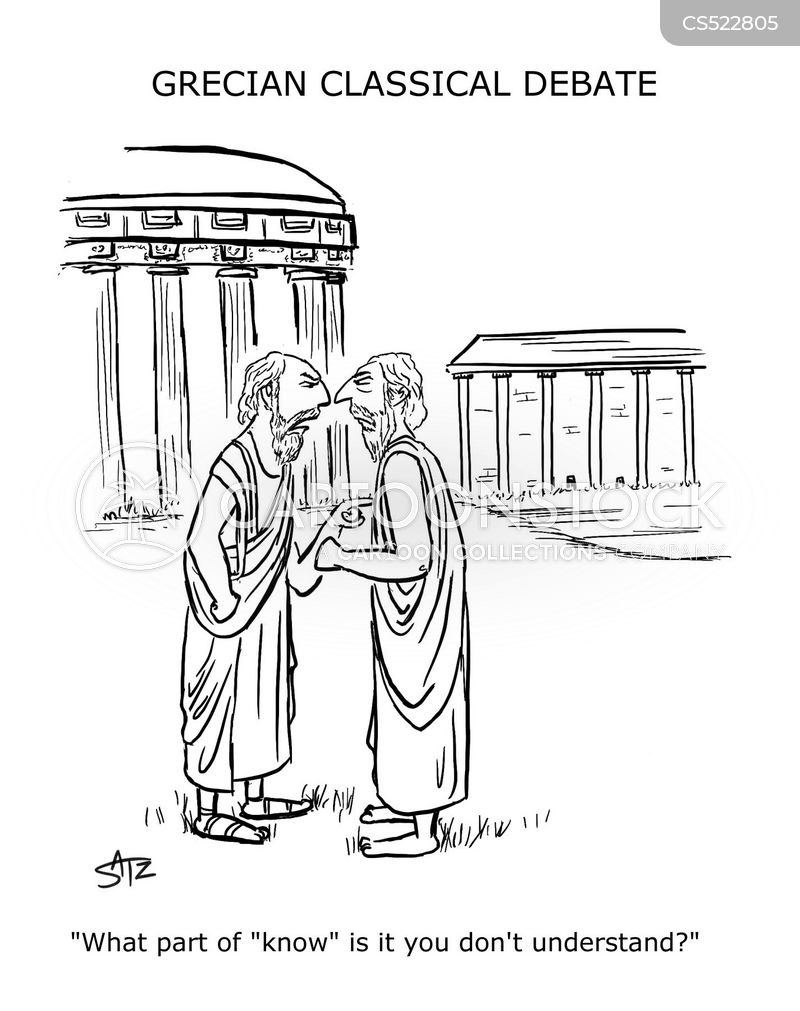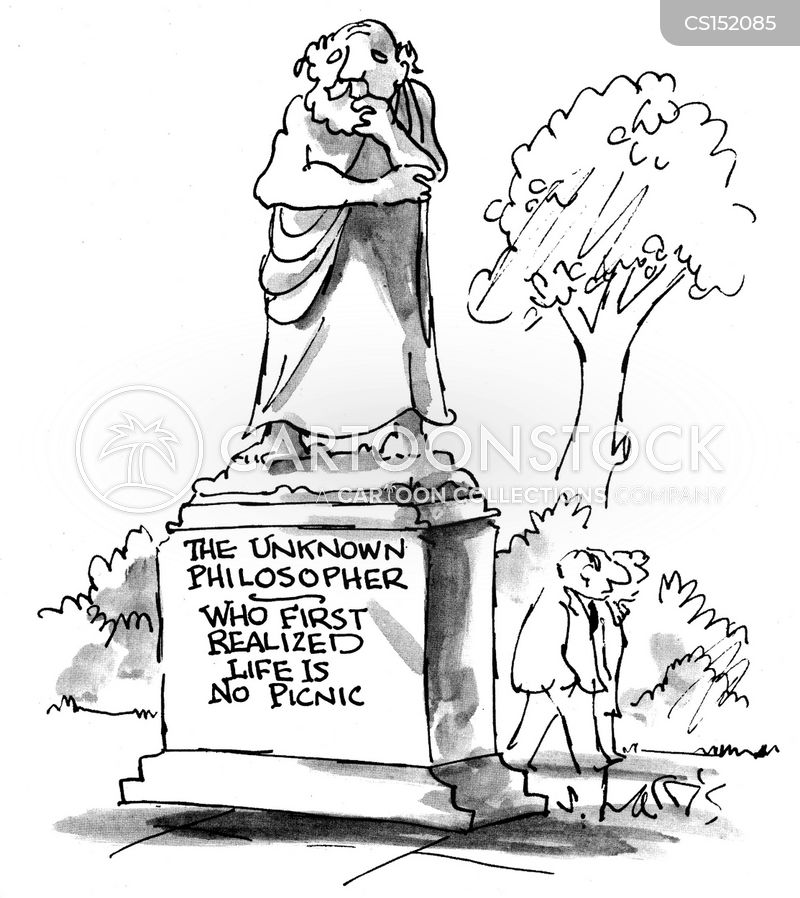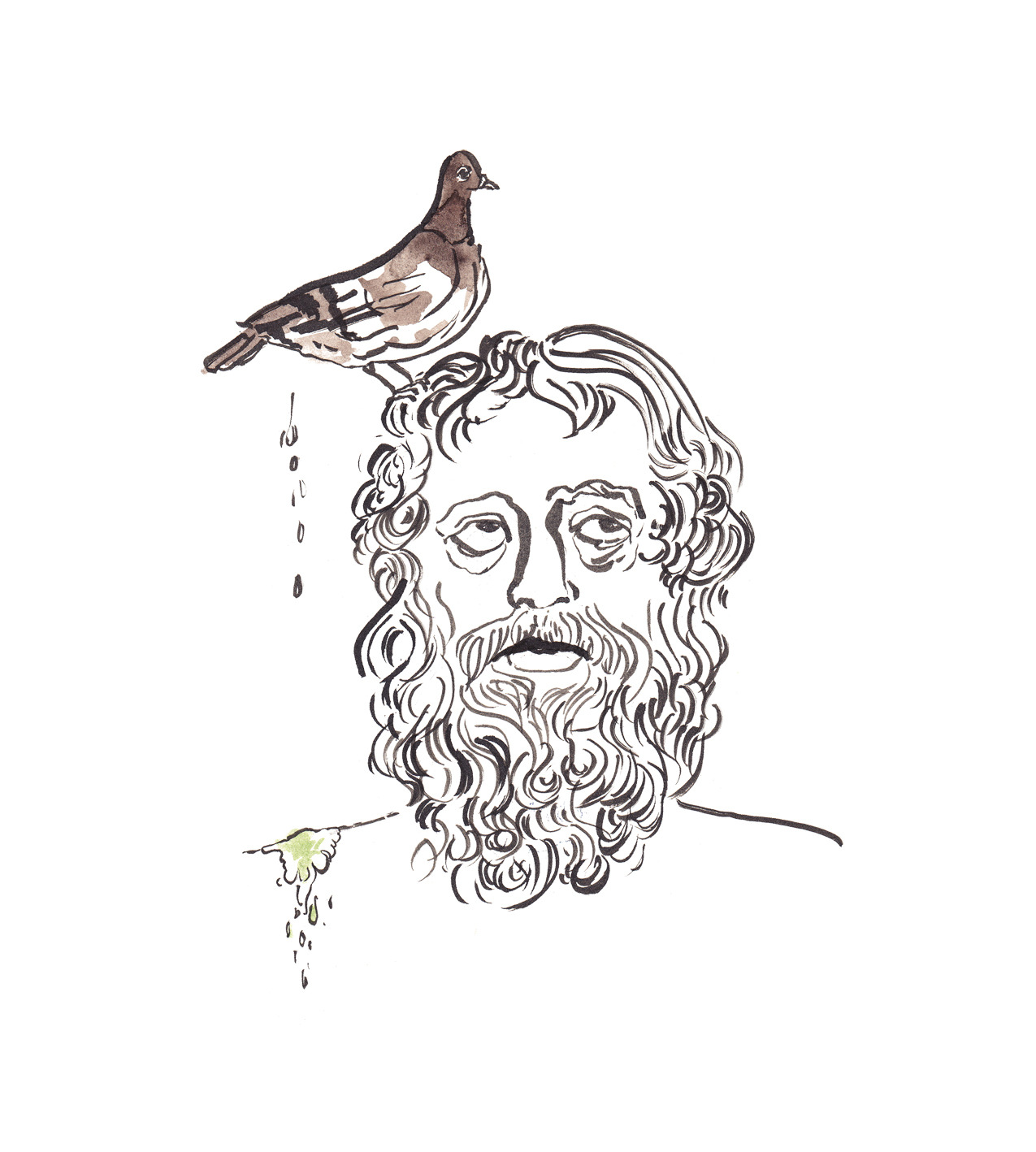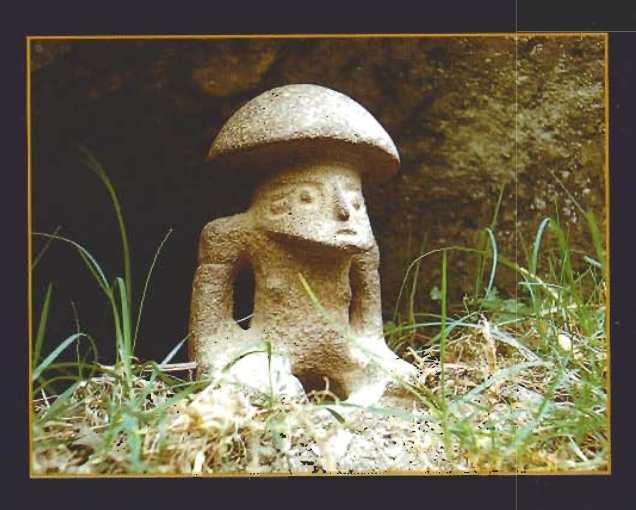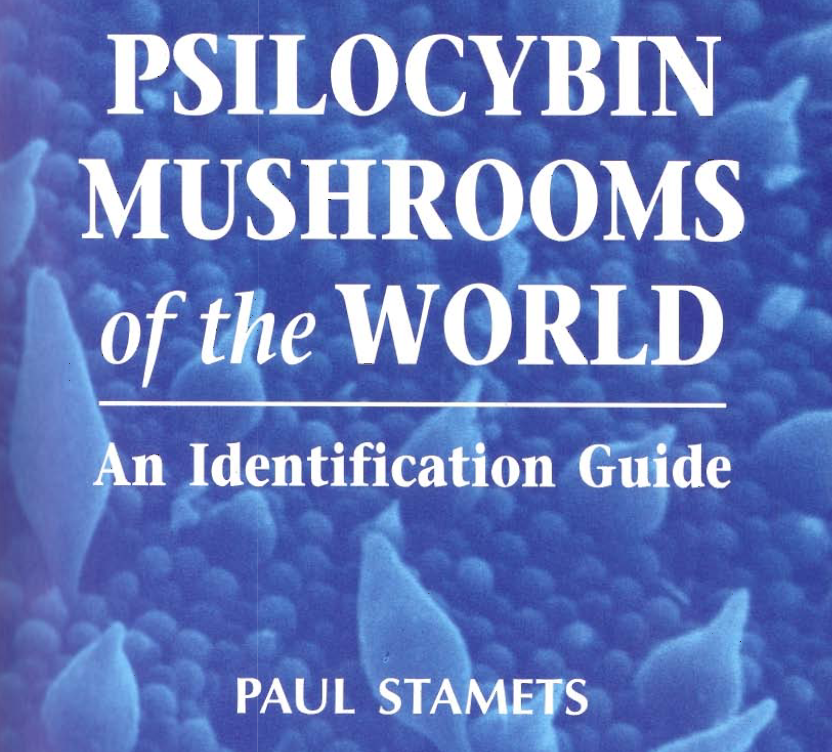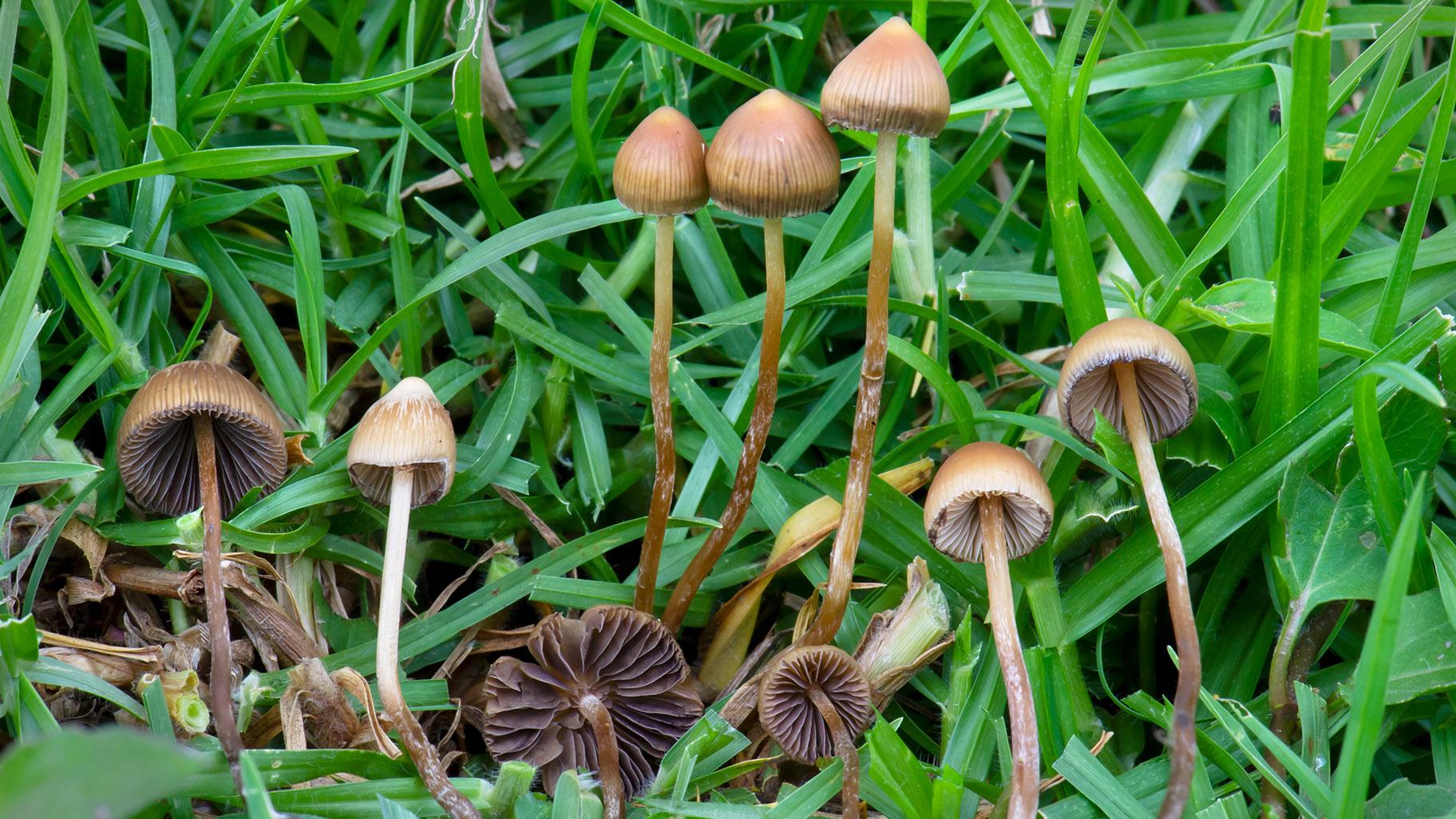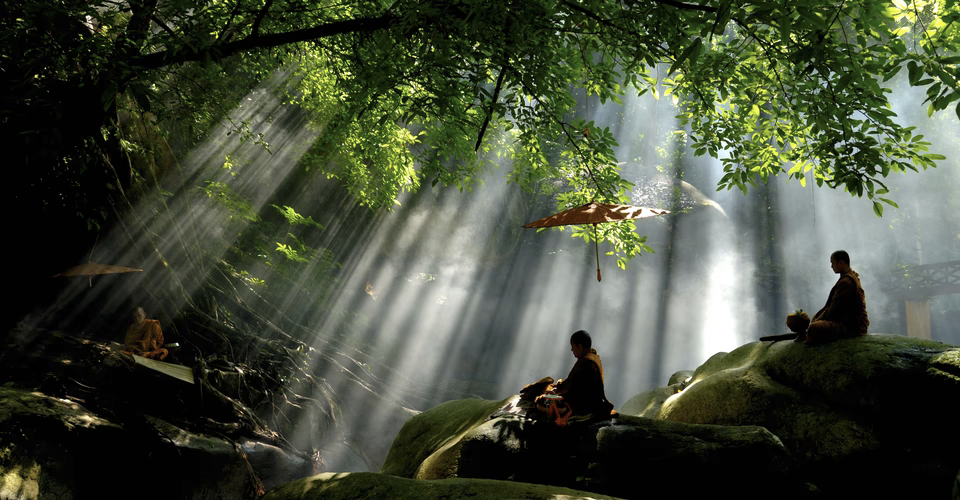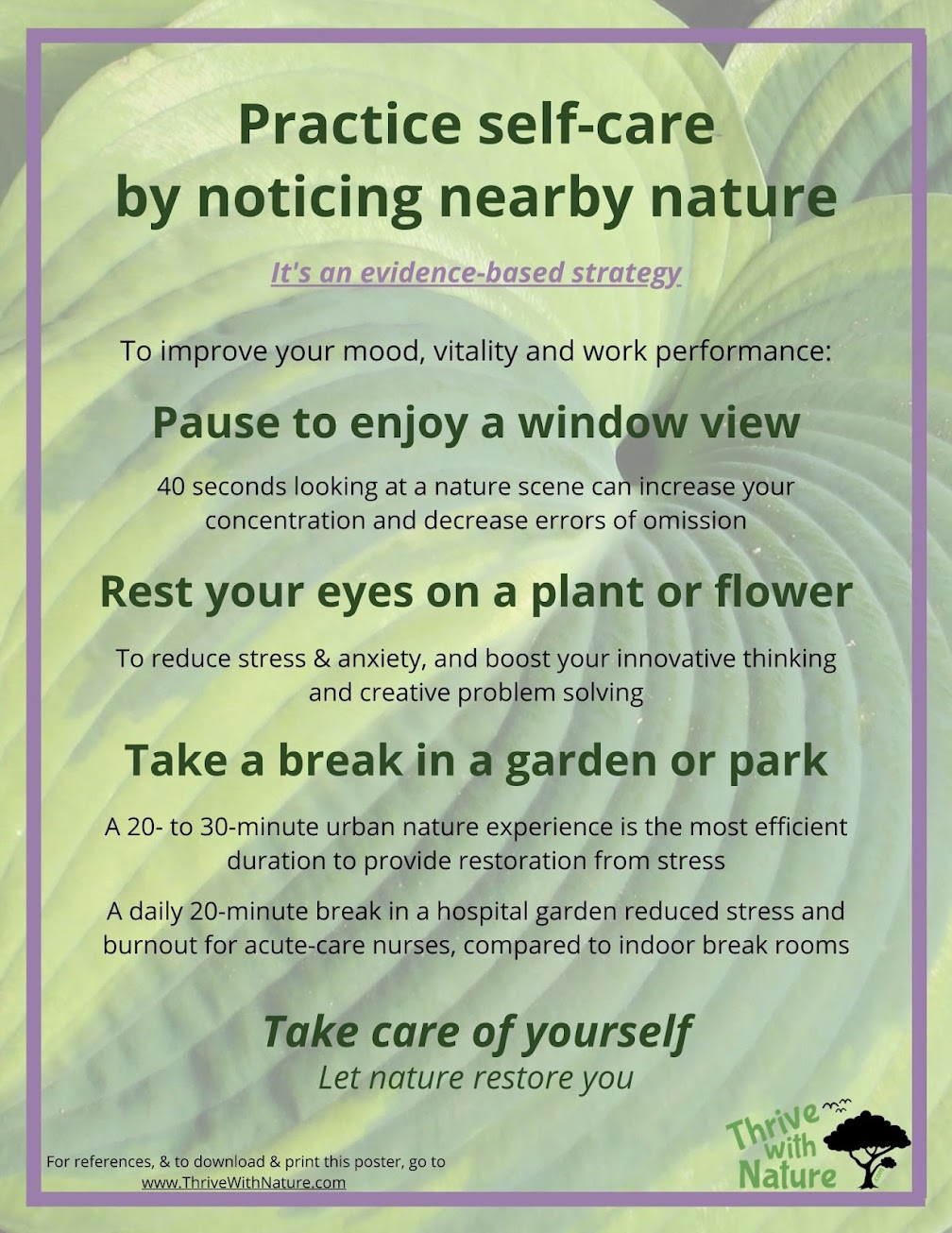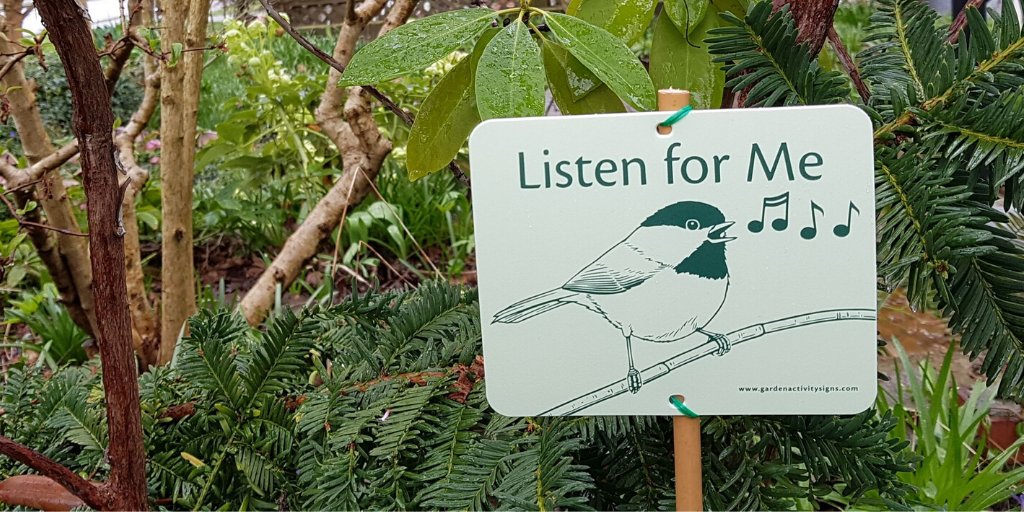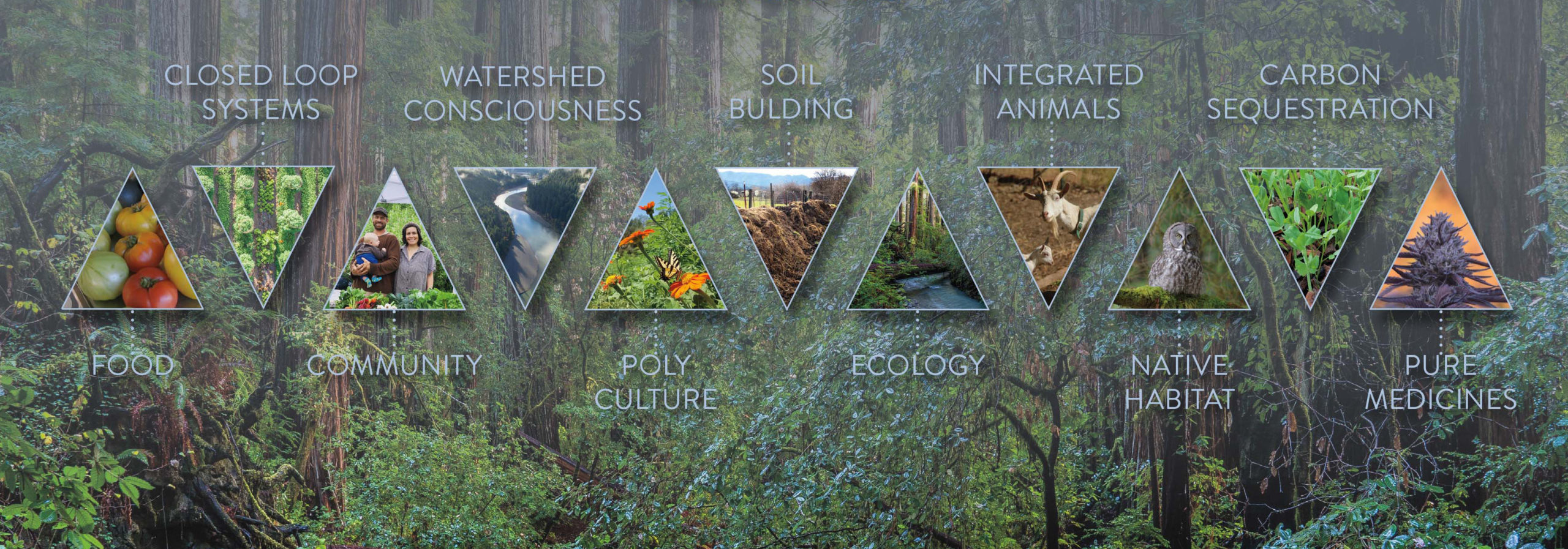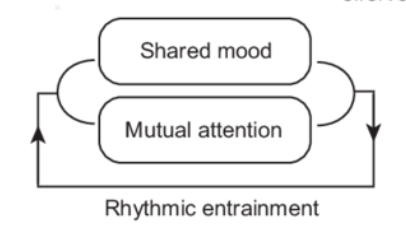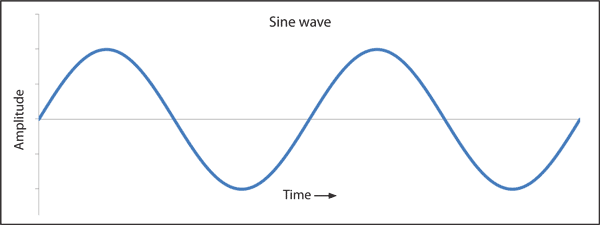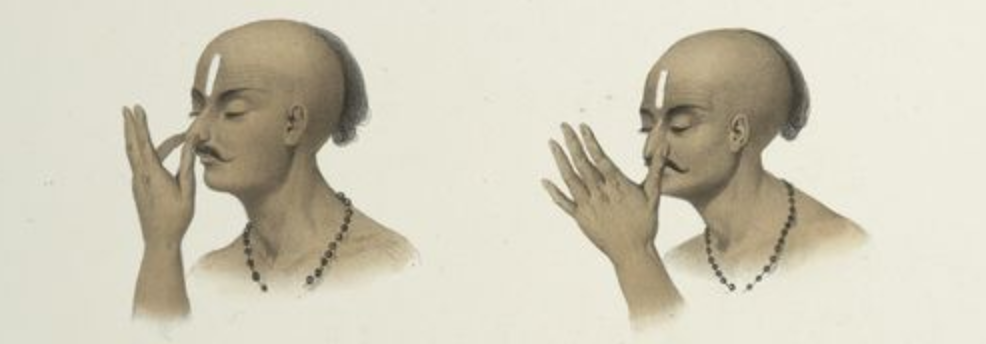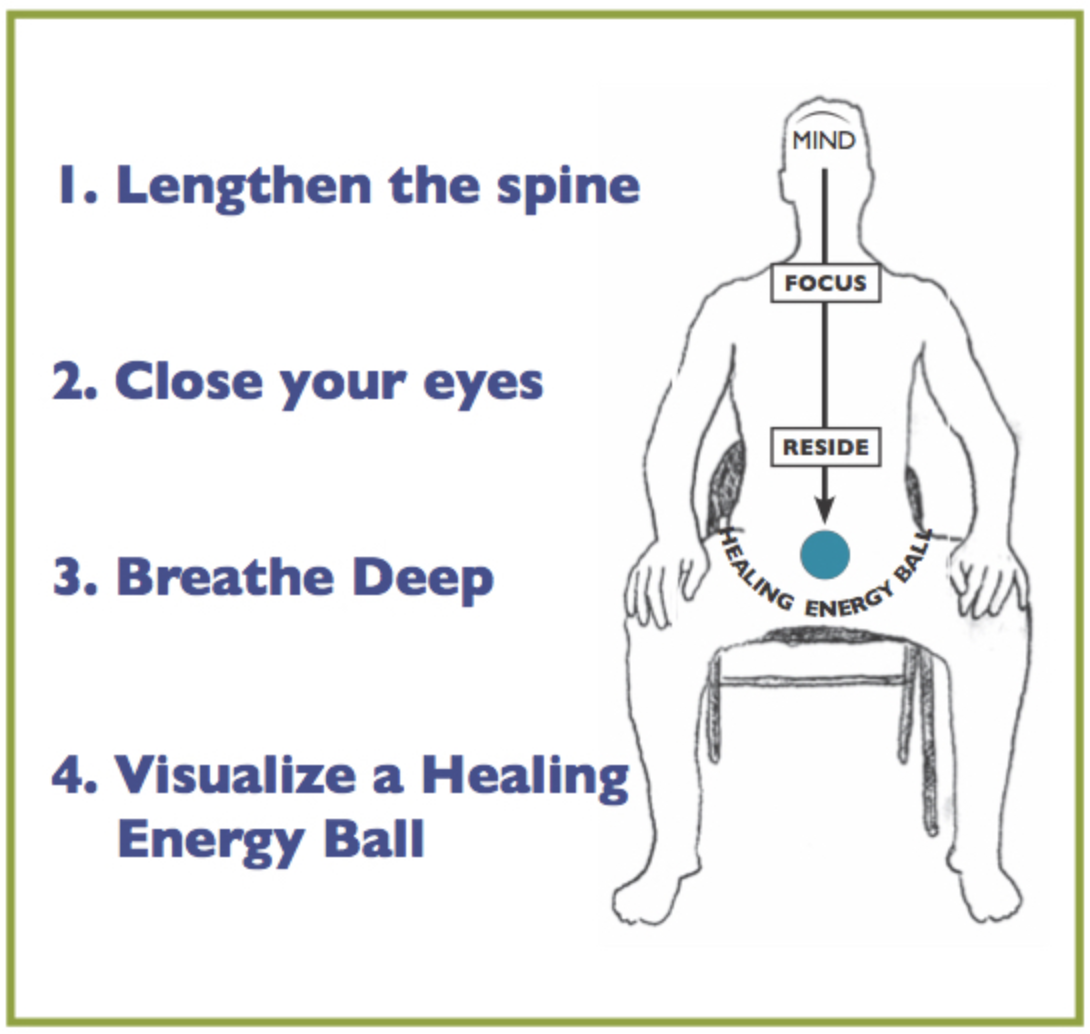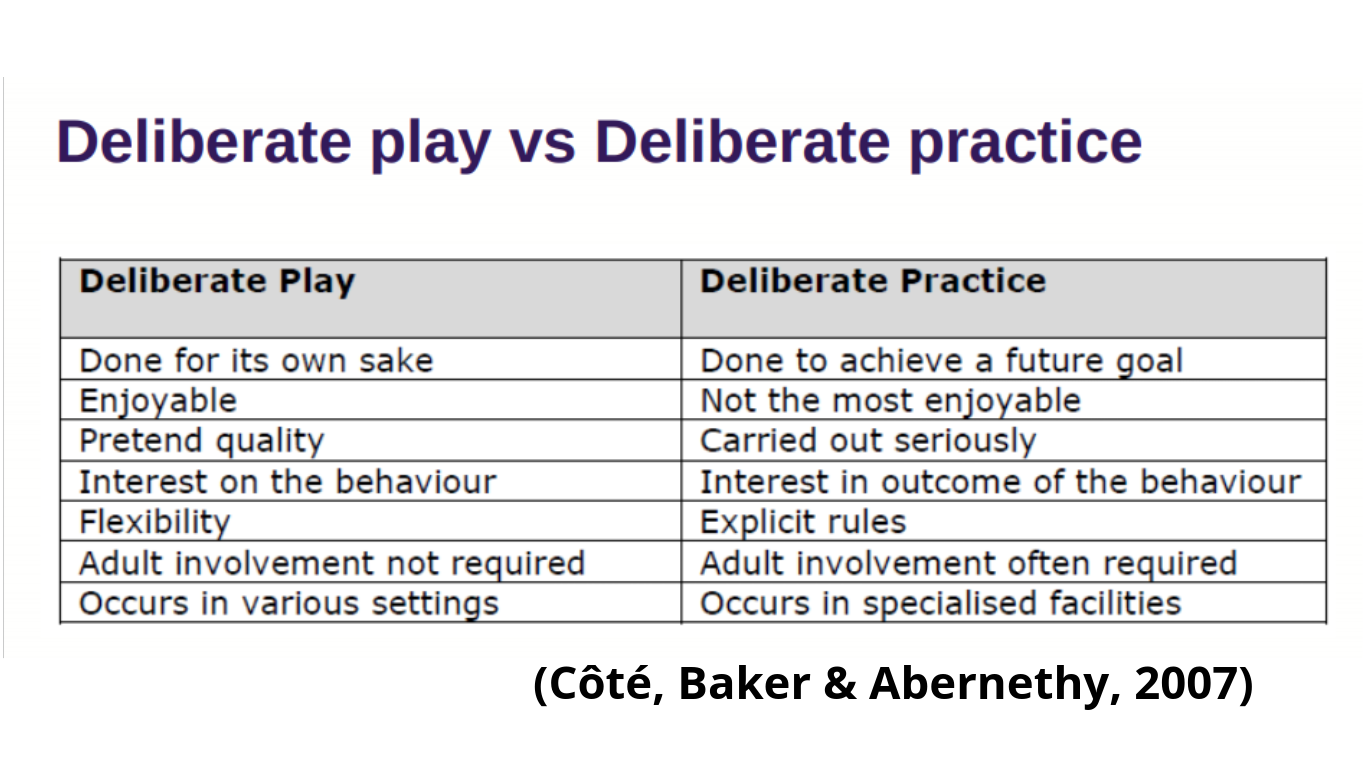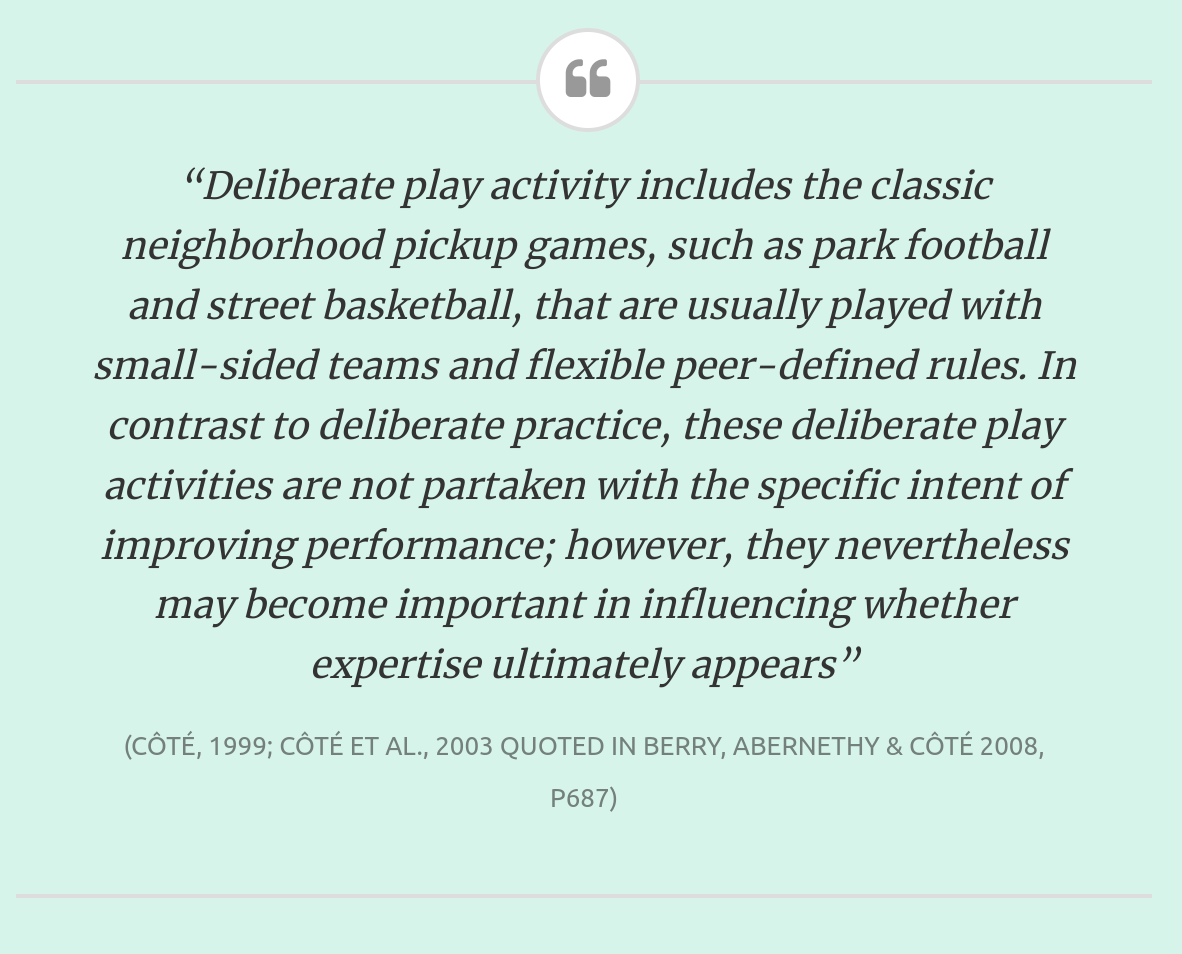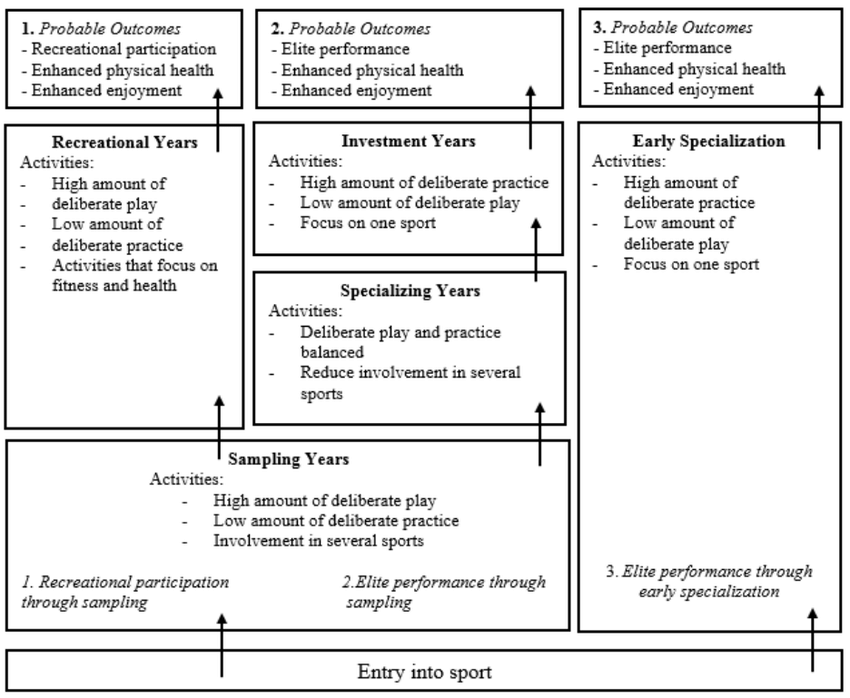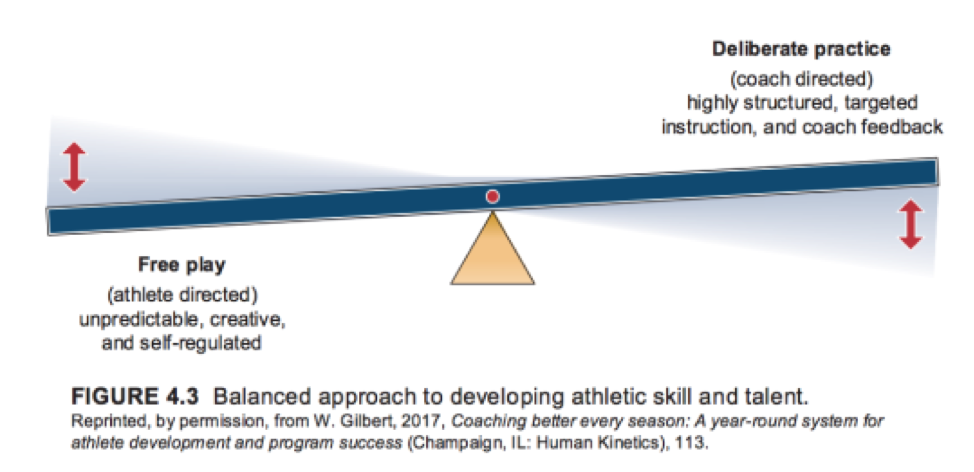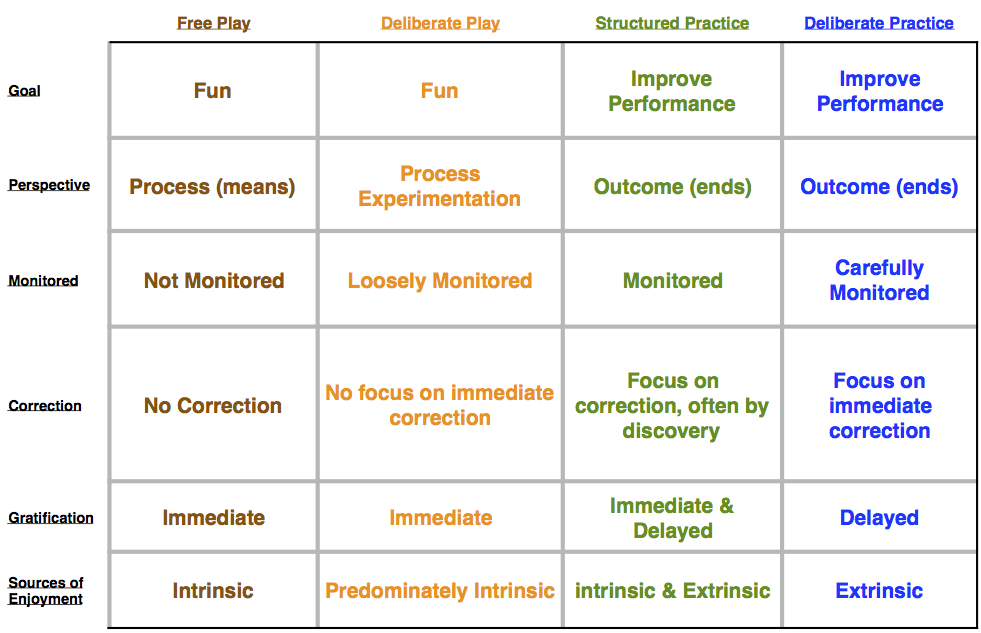tag > Praxis
-
"Enthusiasm is everything. It must be taut and vibrating like a guitar string." - Pele
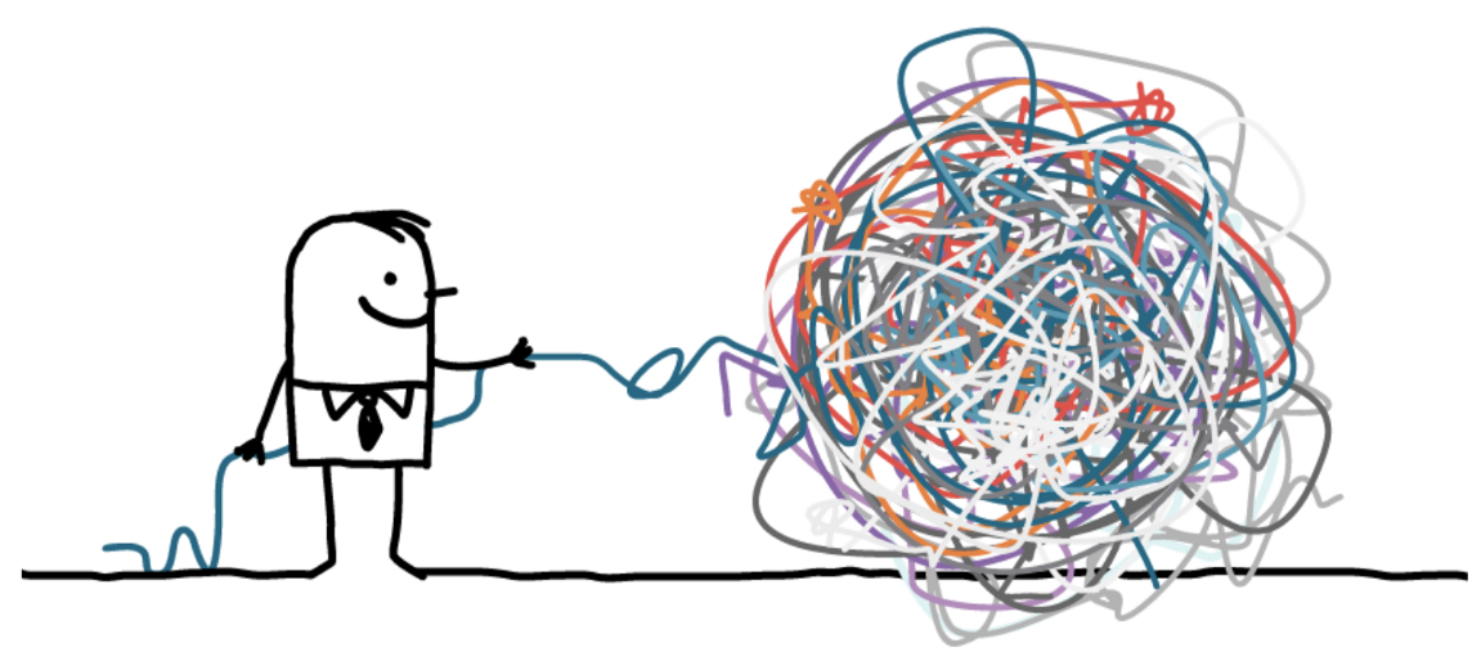
-
The “healthy dose” of nature: A cautionary tale
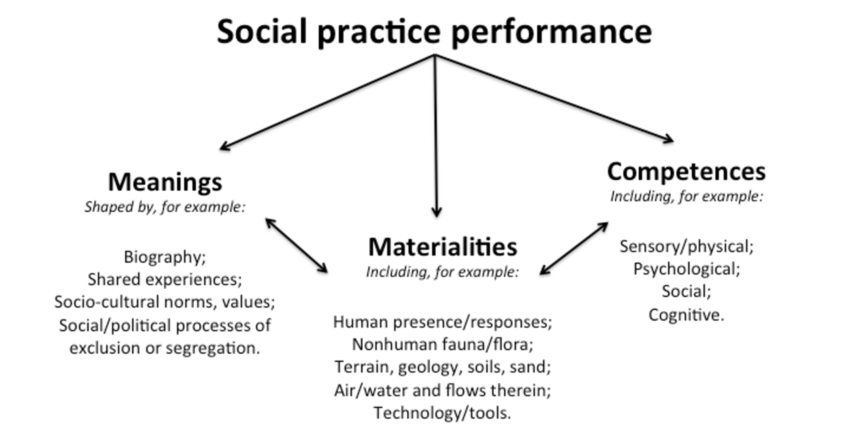
Growing cross‐disciplinary interest in understanding if, how, and why time spent with nature can contribute to human health and well‐being has recently prompted efforts to identify an ideal healthy dose of nature; exposure to a specific type of nature at a specified frequency and duration. These efforts build on longstanding attempts to prescribe nature in some way, most recently in the form of so‐called “green prescriptions.” In this critical discussion paper, we draw on key examples from within the fields of health and cultural geography to encourage deeper and more critical reflection on the value of such reductionist dose‐response frameworks. By foregrounding the relationally emergent qualities of people's dynamic nature encounters, we suggest such efforts may be both illusory and potentially exclusionary for the many individuals and groups whose healthy nature interactions diverge from the statistical average or “normal” way of being. We suggest value in working towards alternative more‐than‐human approaches to health and well‐being, drawing on posthumanist theories of social practice. We present two practice examples—beach‐going and citizen science—to demonstrate how a focus on social practices can better cater for the diverse and dynamic ways in which people come to conceptualise, embody, and interpret nature in their everyday lives. We close by reflecting on the wider societal transformations required to foster greater respect for embodied difference and diversity.
-
Quote from the Book "The Secret Oral Teachings in Tibetan Buddhist Sects" by Alexandra David-Néel and Lama Yongden (1967)

-
"Best practices are those that generally produce the best results or minimize risk" – Chad White
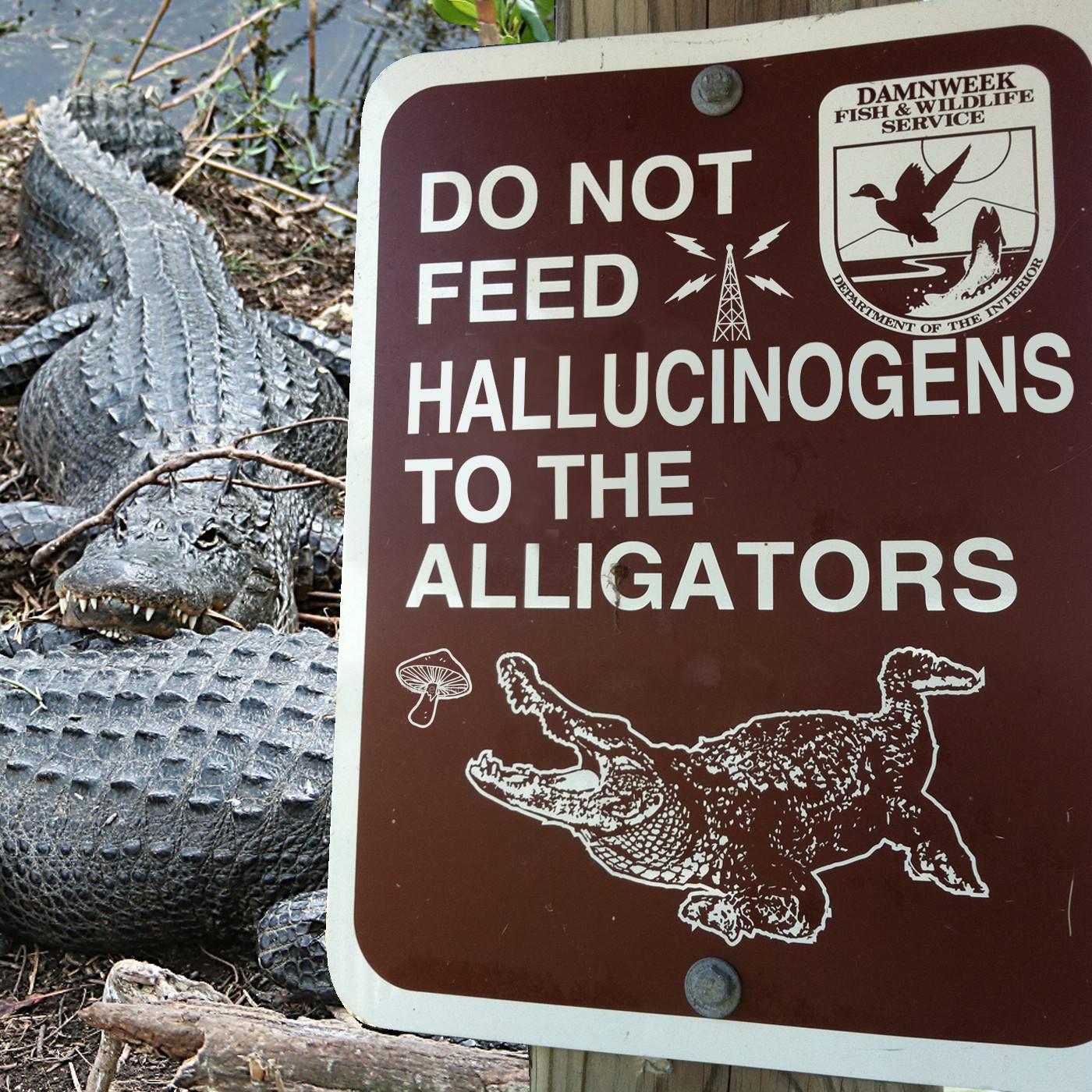
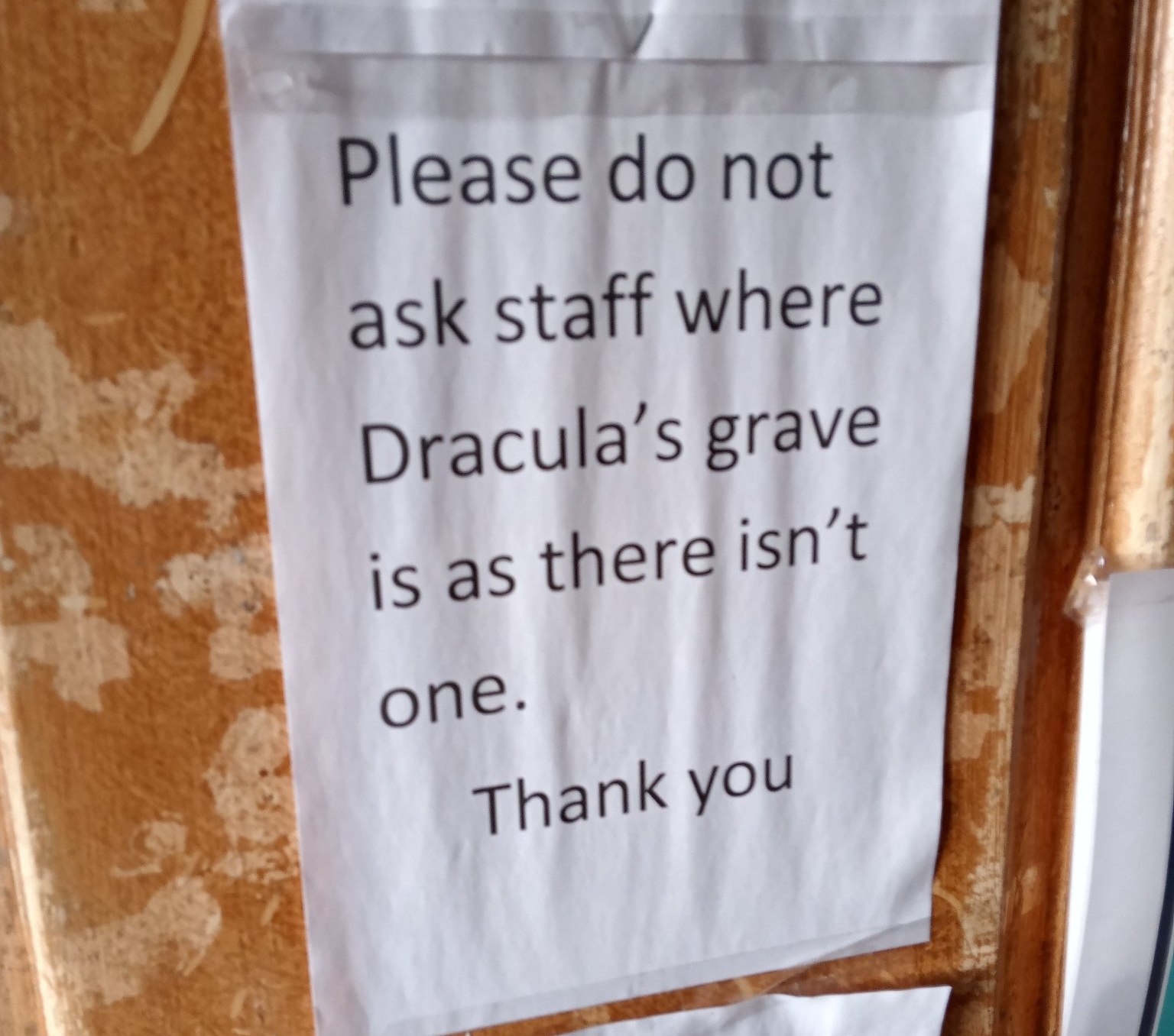

-
Getting started with Qigong
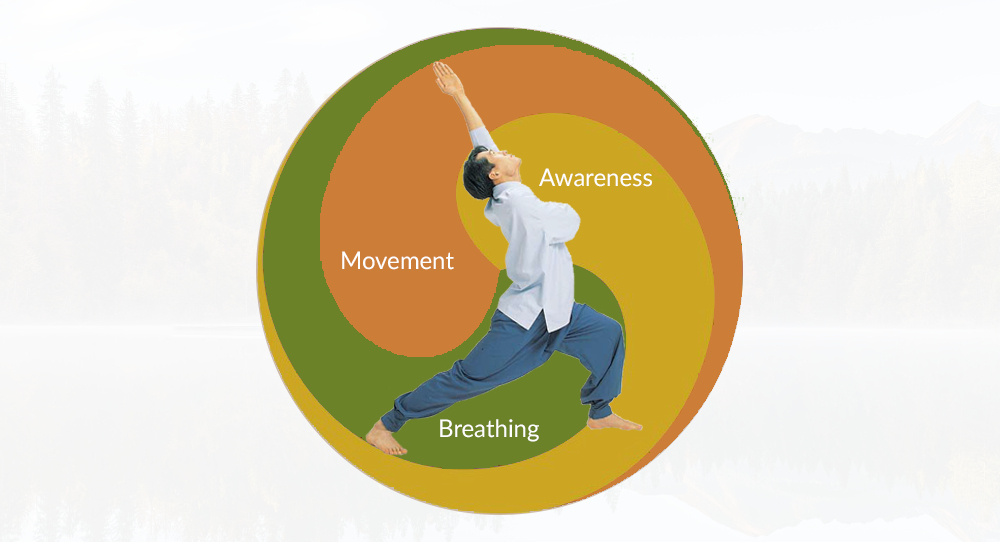
Today a reader of this blog asked me the following question:
"I wanted to ask you, do you have a tip to get started with Qigong? Haven't been able to find any practitioners with experience close by and I am not sure if one can learn it by only mirroring a video."
I briefly formulated the following answer:
Hey journey_in_ai, great to hear from you! Practicing Qigong is a fantastic and very rewarding journey to go on. Mirroring videos is a solid way to get started that can be very effective. The hardest and most important part of such practices, is doing it regularly and keeping it up - even if its just 15min a day.
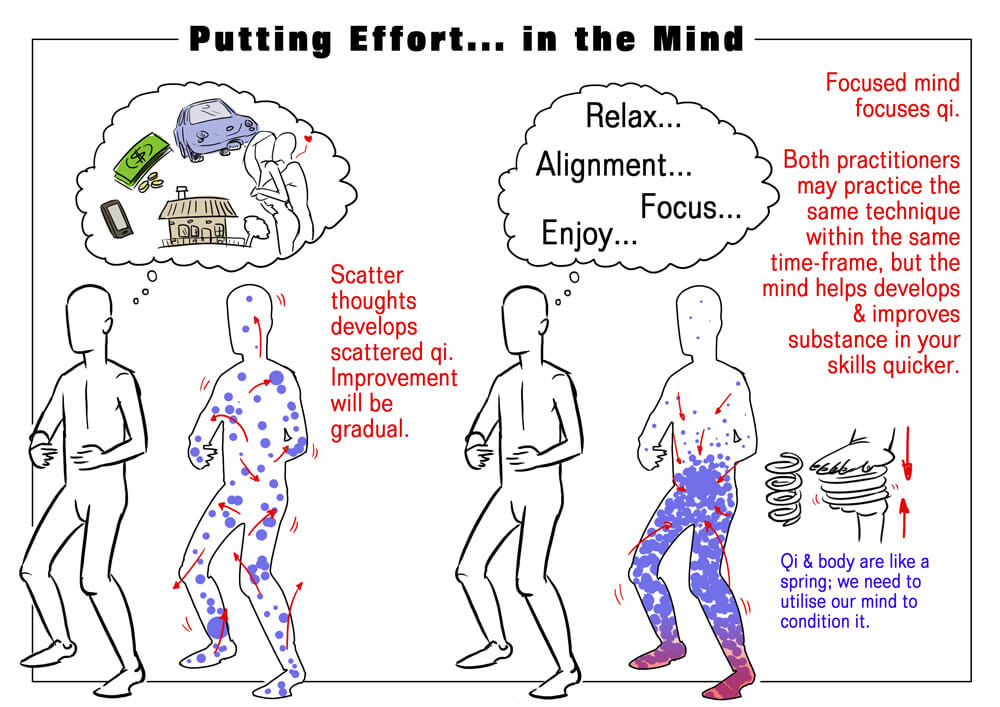
There are 4 foundational things to practicing Qigong:
- Movement: Proper body alignment provides the ways and means for smooth energetic flow. While there are countless best-practices and techniques to discover related to posture, here is an essential one: The Wu Ji Posture which is found in Qigong and Tai Chi/Ji. “Wu” means none, and “ji” (the same “ji” of Tai Ji) means extreme. Hence this is the way of standing that has no extremes. Wu Ji is easy to perform but takes a life to master. It is commonly used for beginning and ending movements.
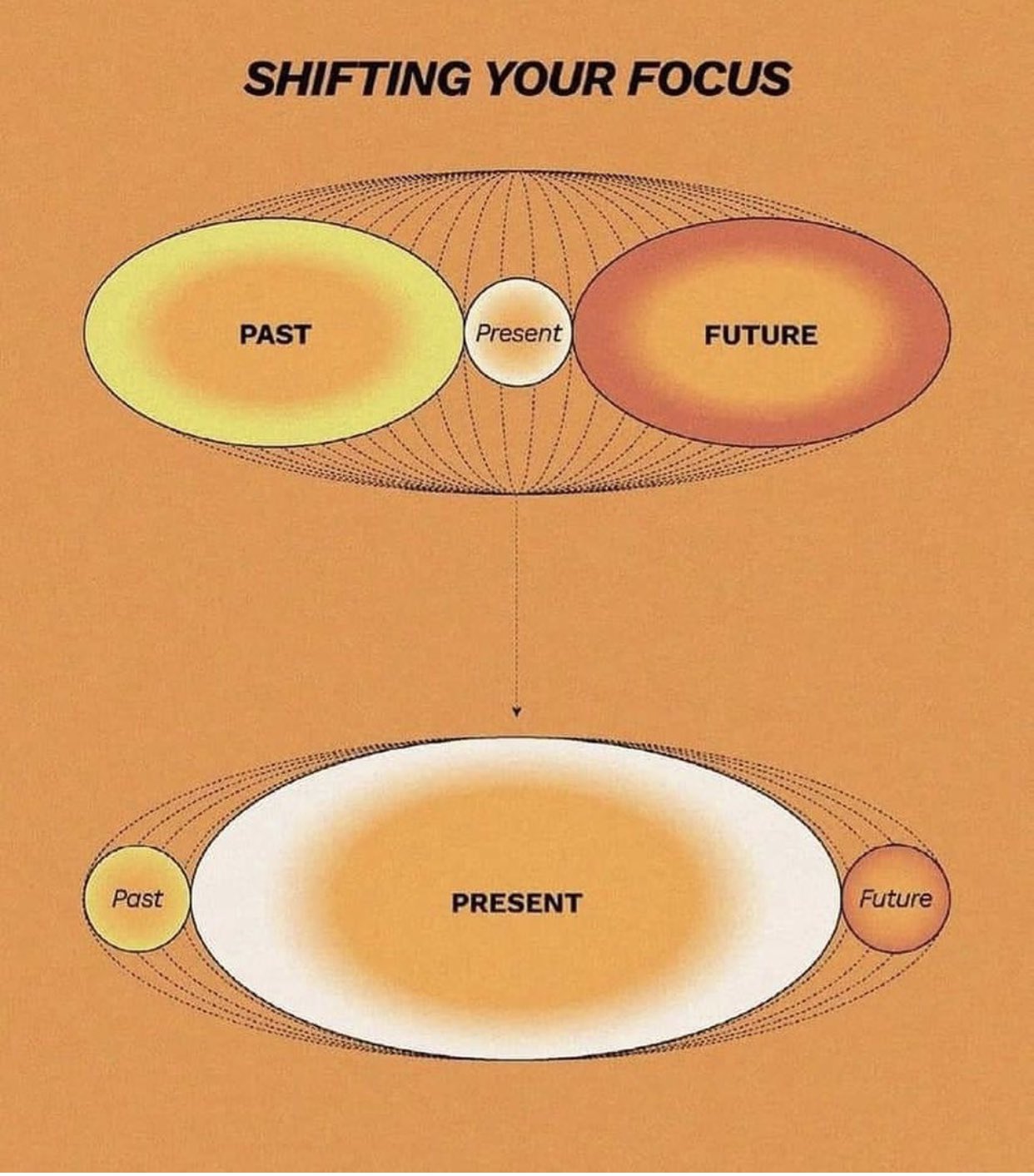
- Breathing: Breathing should be natural, slow, smooth, even, and deep. Breathe from your belly: Allow the abdomen to relax so that it rises with each inhalation and falls with each exhalation. Do not use force. At the end of the exhalation, the body itself will initiate the inhalation. Always breathe through your nose.
- Awareness: Qigong is moving meditation. Like the breathing, the mind should be relaxed. At the same time, it needs to be focused because later mind intent will be used to visualize and guide Qi. Balance relaxation with alert curiosity as to what is happening in your body and with firm but gentle determination to maintain your attention and intention.
- Qi: If you keep practicing for a while, you will be able to feel/see Qi (vital force / life-energy / prana / etc.) and actively participate in its flow and cultivation.

There are many Qigong forms:
You will have to experiment a bit to find the right Qigong form ("set", "tradition") for you. Once you find a form that resonates with you, I recommend sticking with just that for at least a few month. Here are a few beginner friendly forms you might want to consider. I've included a few video links, but you can easily find many more.
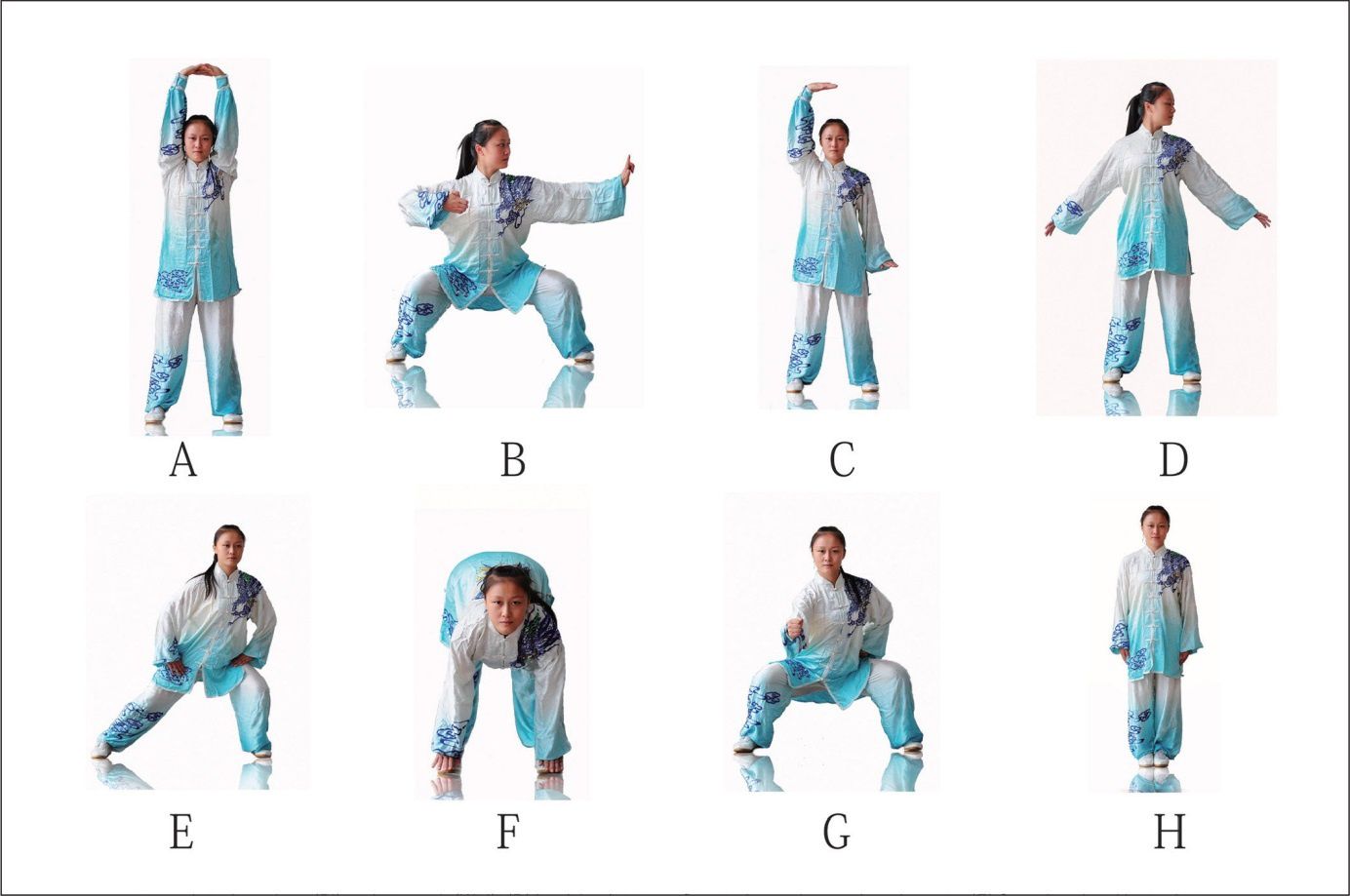
- Ba Duan Jin (八段錦): Eight Pieces of Brocade: one of the most common forms of Chinese qigong used as exercise. Variously translated as Eight Pieces of Brocade or Eight Silk Weaving, the name of the form generally refers to how the eight individual movements of the form characterize and impart a silken quality (like that of a piece of brocade) to the body and its energy. The Baduanjin is primarily designated as a form of medical qigong, meant to improve health. - Videos: https://www.youtube.com/watch?v=hiVjiOM5WGs - https://www.youtube.com/watch?v=EwjLUk0wF1s - https://www.youtube.com/watch?v=cwlvTcWR3Gs (simplified form)
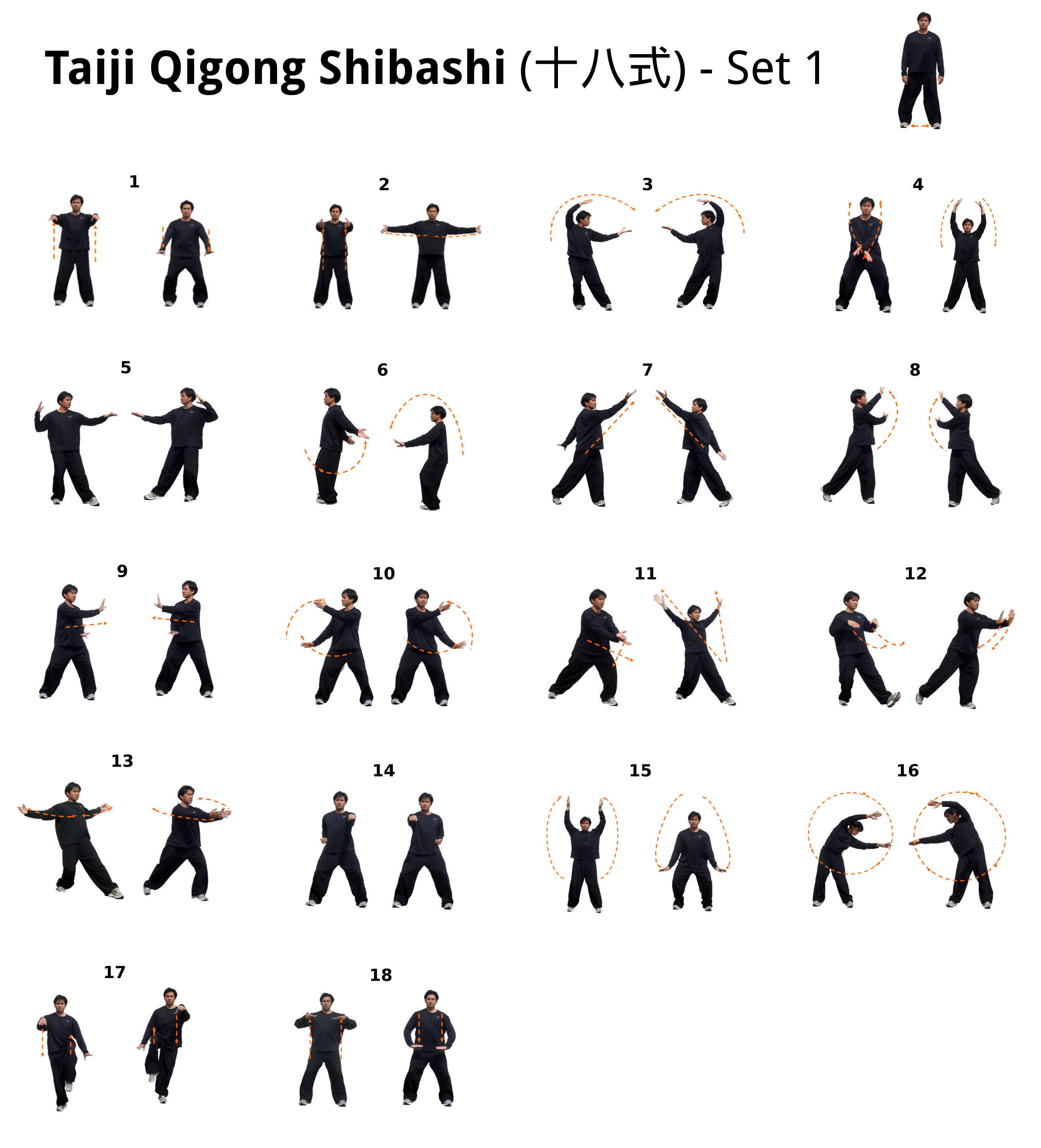
- Taiji Qigong Shibashi (十八式): 18 Forms Qigong: A set of Qigong exercises which is based on the philosophy of Tai Chi and extracts some of the best movements from the Yang style Tai Chi Chuan. It places emphasis on synchronizing the 18 movements with proper breathing techniques. It is a gentle, beautiful and flowing routine that is both a joy to do and deeply relaxing. Videos: https://www.youtube.com/watch?v=JHQmY2sLhbI - https://www.youtube.com/watch?v=vKhC3d3R-Uc - https://www.youtube.com/watch?v=32tH89vBtTs - https://www.youtube.com/watch?v=p6DUfLxz6wY (Shibashi has a total of 8 sets, each with 18 moments. Set 2 Example: https://www.youtube.com/watch?v=NOENwWg3e2M)
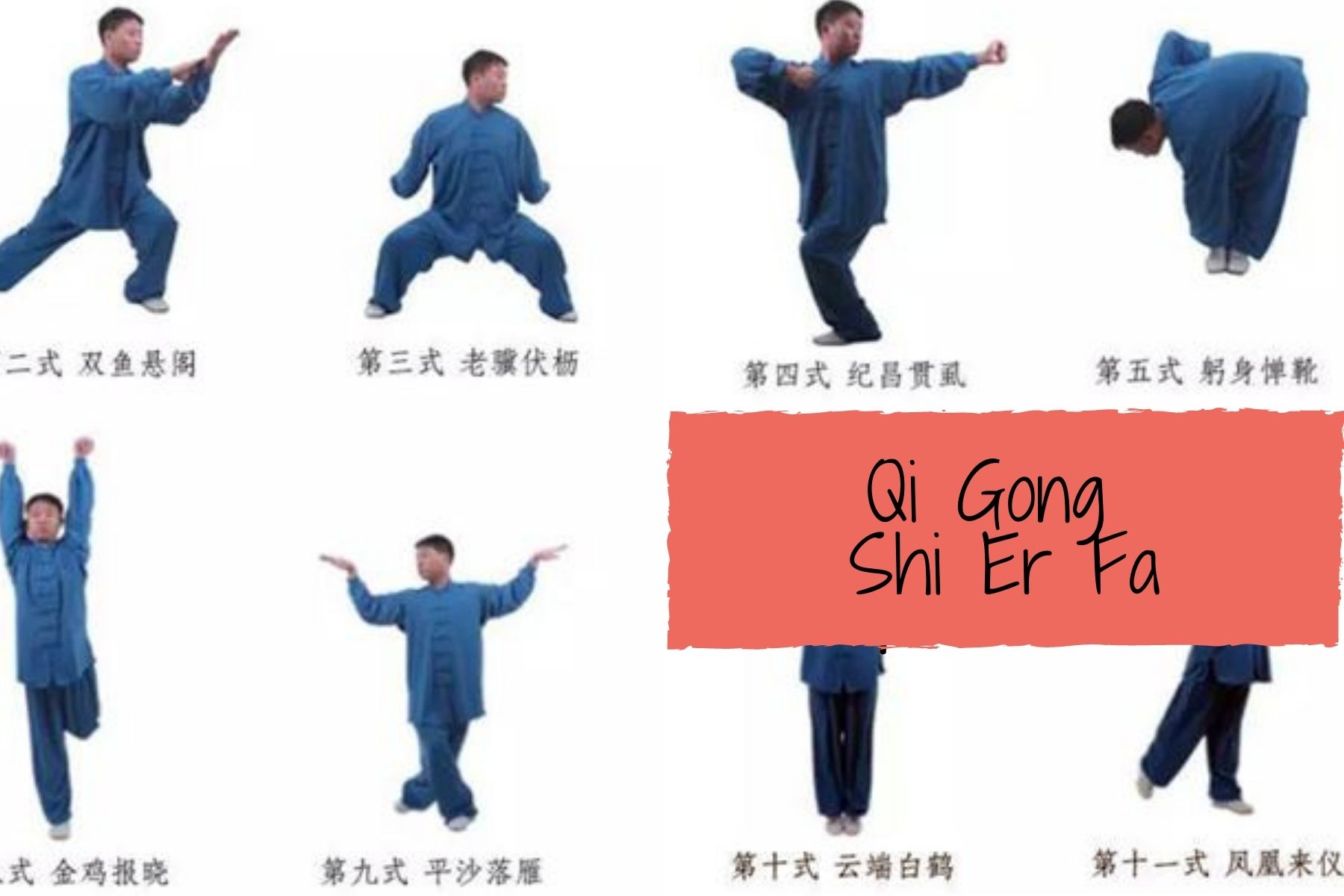
- Daoyin Yang Sheng Gong Shi Er Fa (导引养生功十二法): 12 routines from Daoyin tradition: Dao Yin Yang Sheng Gong Shi Er Fa consists of 12 steps of exercises from over 50 routines of Daoyin health qigong developed since 1974 by Zhang Guangde, a professor from the Beijing Sports University. Based on the principles of Traditional Chinese Medicine concerning viscera and meridians, yin-yang and the Five elements, and qi and blood. Videos: https://www.youtube.com/watch?v=59p4Ho2flhk - https://www.youtube.com/watch?v=sYEb504TR68 - https://www.youtube.com/watch?v=4AnvEHj5Nzo
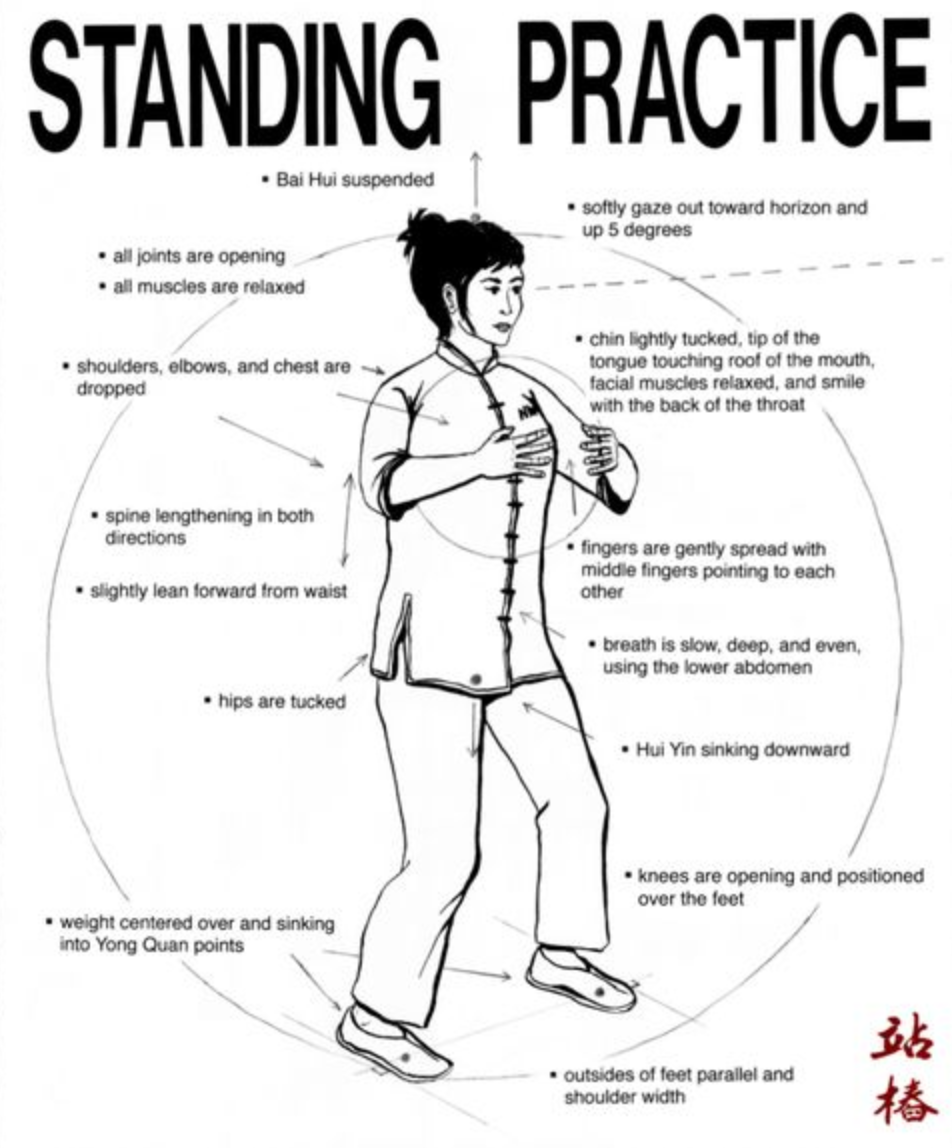
- Zhàn Zhuāng (站樁/站桩): Standing Like a Tree: A training method often practiced by students of neijia (internal kung fu), such as, Xing Yi Quan, Bagua Zhang and Taiji Quan. Zhan Zhuang is sometimes translated Standing-on-stake, Standing Qigong or Standing Like a Tree. It is commonly called a form of Qigong, despite the differences from other Qigong methods in Zhan zhuang's orientation. Videos: https://www.youtube.com/watch?v=PA1UphVWXks - https://www.youtube.com/watch?v=Wg-BIt0y6T4 - https://www.youtube.com/watch?v=zlXorC3__AU If it's to daunting at first, check out Pingshuai Gong
- Warm up: It is advisable, to do a brief warm up routine before practising qigong, to get your mind-body ready. Videos: https://www.youtube.com/watch?v=z4eOZp5SBtQ - https://www.youtube.com/watch?v=p1S78x0fOJo - https://www.youtube.com/watch?v=gdo4HfO2aX0
Once you have selected a form which resonates with you, I'm happy to point you towards more useful resources on that topic. May our practice and life be of benefit to all beings everywhere.
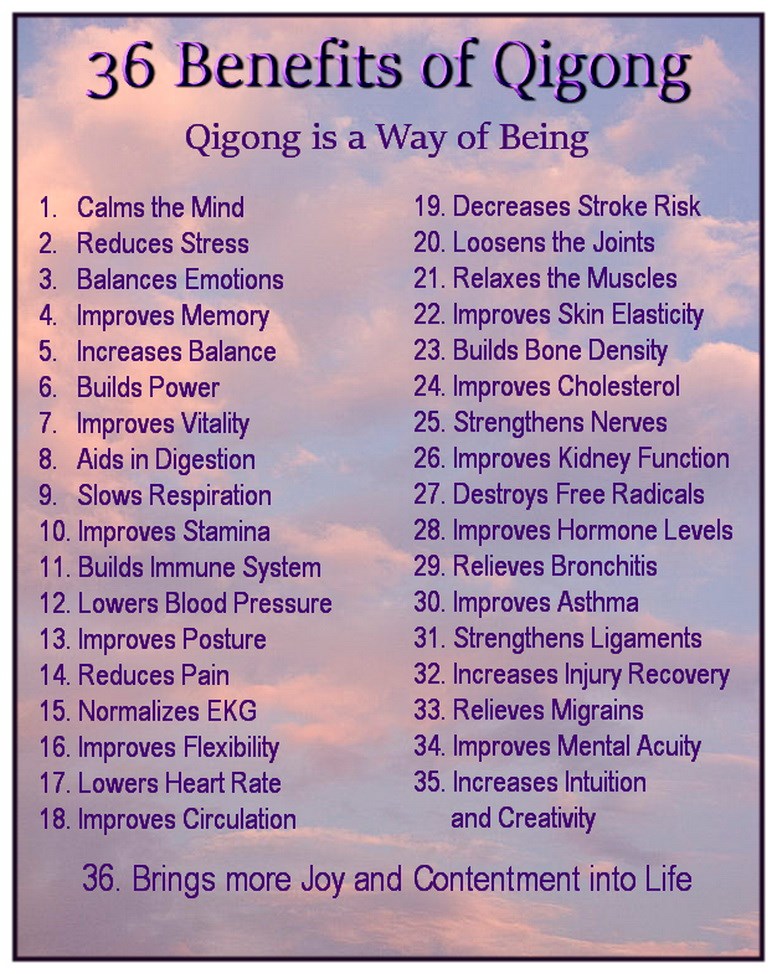
- Movement: Proper body alignment provides the ways and means for smooth energetic flow. While there are countless best-practices and techniques to discover related to posture, here is an essential one: The Wu Ji Posture which is found in Qigong and Tai Chi/Ji. “Wu” means none, and “ji” (the same “ji” of Tai Ji) means extreme. Hence this is the way of standing that has no extremes. Wu Ji is easy to perform but takes a life to master. It is commonly used for beginning and ending movements.
-
The Paradox of Wu Wei (無為) - The Art of non-action, non-doing or 'doing nothing'
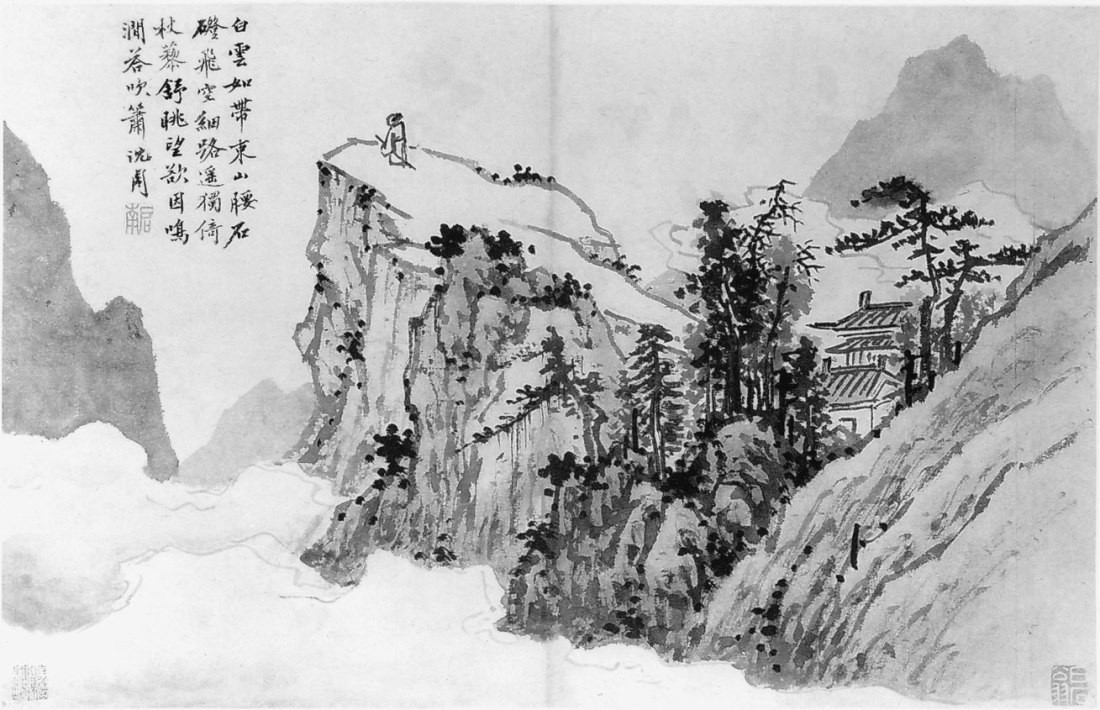
-
Reflecting on 2021
Think about the following questions. For each one note what went well, what didn’t go well, and what to focus on next year. Or alternatively, forget about answering these questions and use the time to practice meditation, qigong, yoga or go on a walk in nature - thinking is anyhow overrated.
- What big events happened this year in my life?
- How did I take care of my body and mind?
- How did my life go, work and business-wise?
- How did the relationships with my closest friends and family develop?
- What about my other friends and my community?
- Which hobbies did I spend time on?
- How well did I connect with my emotions?
- How have I grown as a person?
- How did I do financially?
- Which habits did I develop this year?
- What were my proudest accomplishments?
- What were my biggest challenges?
- What am I grateful for this year? What am I grateful for generally in my life?
- What are my major goals for this year?
“Self-reflection is a humbling process. It’s essential to find out why you think, say, and do certain things – then better yourself.” — Sonya Teclai
-
If Time is money then how come people in rich countries tend to have so little?

I believe that for a lot of people time is more of a scarce resource than money. Although about 4 orders of magnitude less popular, chronological planning would seem to me more important than financial planning.
#Comment: This is not new but a truly profound insights. Given this, the most important form of "knowledge management" is "time management" (cultivation/practice)

